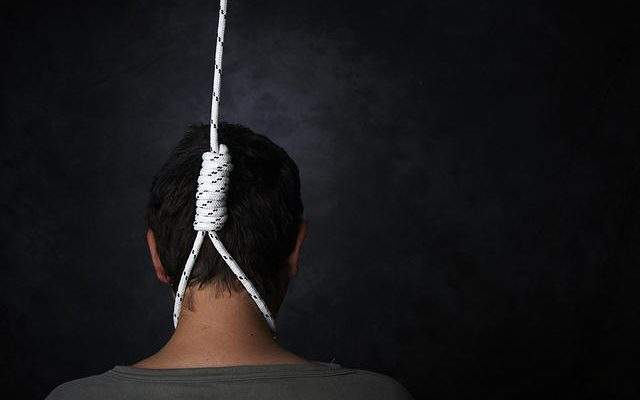 NABH Certified
NABH Certified 

Mr. A is a 17-year-old boy—bright, multi-talented, and full of potential. His parents, like many, had high hopes for his future, particularly for his education. They invested their dreams in his academic success, which in turn led to mounting expectations for Mr. A. While he had a passion for both academics and sports, his parents prioritized his studies, discouraging him from participating in athletic activities. Interestingly, Mr. A had once been a talented athlete during his early childhood.
However, from a young age, Mr. A had a limited social circle due to the strict parenting style imposed on him. He rarely had the chance to express his own feelings and desires, leading him to withdraw emotionally from his parents. Over time, this lack of open communication resulted in a significant emotional disconnect.
Mr. A recently completed his 12th grade with excellent marks and then sat for an entrance exam for his one and only career goal—a field that had been chosen for him by his parents. Since childhood, his parents had set rigid expectations that he would pursue this particular profession.
But when the exam results came in, Mr. A realized he had missed the opportunity to enter his preferred field that year. What followed was devastating. The weight of his parents’ disappointment and societal criticism triggered an overwhelming emotional response. He began experiencing deep sadness, withdrew from his family, and lost interest in activities he once enjoyed. He felt utterly hopeless, telling himself, “There is no solution for my life… Things will never get better… There’s no point in trying anymore.”
At just 17 years old, Mr. A made the heartbreaking decision to attempt suicide by ingesting pills.
Suicide is the intentional act of ending one’s own life, and among adolescents, it has become a disturbing global crisis. Teen suicide, which affects those under the age of 21, is the third leading cause of death among young people worldwide. Tragically, India—despite being the “youngest country in the world”—also has the highest rate of teen suicide globally.
When a child or adolescent loses hope and attempts to end their life, it isn’t just a personal tragedy. In many ways, it is a reflection of societal and familial pressures. Here’s what we can all do to help:
In the end, Mr. A’s story is a reminder of how fragile young minds can be under the pressure of expectations. As parents, educators, and members of society, it is our responsibility to nurture their emotional well-being, providing the love, support, and understanding they need to thrive—not just academically but holistically. Let’s ensure that the future we build for our youth is one where they feel valued, supported, and, most importantly, happy.